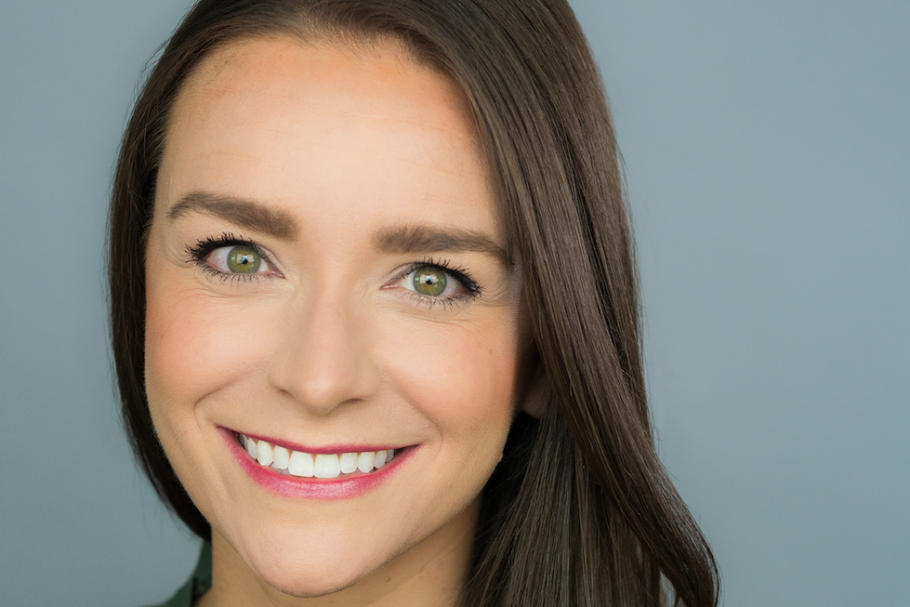Photo by Kim Pluskota | CSU Pueblo Buell Communications Center
In a landmark decision that has energized Colorado’s creative economy, the Sundance Institute announced that the Sundance Film Festival will relocate to Boulder beginning in 2027. The move has been met with celebration across the state, but it also raises important questions and opportunities for communities like Pueblo that stand to benefit from the broader impact of hosting the world’s premier independent film festival.
Governor Jared Polis welcomed the announcement with enthusiasm, calling it a “huge benefit for our small businesses” and a reflection of Colorado’s status as a leader in arts and culture. The City of Boulder, Visit Boulder, the University of Colorado Boulder, and the Boulder Chamber worked in partnership with the Colorado Office of Economic Development and International Trade to submit the winning proposal. Their collaborative pitch highlighted Boulder’s strong creative ecosystem, scenic beauty, and hospitality infrastructure.
The state’s support includes a robust $70 million investment, combining $34 million in local incentives and a $34 million statewide tax credit authorized through recent legislation. The deal, which unfolded over many months, involved a coalition of lawmakers from both sides of the aisle, including House Majority Leader Monica Duran, Senator Judy Amabile, and Senator Mark Baisley.
Charlene Hoffman, CEO of Visit Boulder, called the decision a "historic moment" that celebrates community collaboration and artistic excellence. She added that the festival’s presence will help local businesses thrive during a season that typically sees reduced visitor traffic.
Economic Impact and Creative Promise
The financial case is compelling. According to a report from the Sundance Institute, the 2024 festival in Utah generated $132 million in gross domestic product, $13.8 million in tax revenue, and created more than 1,700 jobs. The festival drew over 72,000 attendees, with approximately one-third traveling from outside the state.
Bringing that kind of economic momentum to Colorado is no small feat. Leaders from tourism bureaus, chambers of commerce, and local governments across the state are already preparing to absorb the potential ripple effects.
In Pueblo, the Regional Film Commission is evaluating how Southern Colorado can align with the moment. Pueblo offers authentic locations, lower production costs, and a rich cultural history that could appeal to the independent filmmakers Sundance attracts.
“This is not just a win for Boulder,” said Gregory Howell, acting commissioner of the Pueblo Regional Film Commission. “It is a chance for the entire state to rise together. Pueblo is ready to step forward with our own creative contributions and community support.”
A New Lens on Regional Participation
Several satellite efforts are already being explored. The University of Colorado Boulder is planning educational collaborations tied to the festival, and the Boulder International Film Festival has signaled interest in forming complementary programming.
Other regions are preparing to do the same. Estes Park is expected to host events as part of the 2027 rollout. Denver officials, including Mayor Mike Johnston, expressed their eagerness to link existing arts venues and talent pipelines to the Sundance infrastructure.
This broader approach opens the door for Pueblo to make its case as a regional player. With organizations like the Pueblo Star Journal, Blo Back Gallery, and a growing base of student media talent at CSU Pueblo and PCC, the groundwork already exists to support screenings, workshops, and artist residencies. Pueblo’s active festival lineup, including the Short International Student Film Awards (SISFA), KickAss Film Fest, and the Pueblo Film Fest, further underscores the community’s engagement with independent film and visual storytelling.
“The success of this transition depends on how inclusive and collaborative it becomes,” Howell said. “We see Sundance as a cultural bridge, not a destination with walls.”
Creative Voices and Industry Concerns
Despite the overall excitement, some filmmakers remain skeptical. While Sundance brings prestige, it does not guarantee growth in actual film production. Producers like Patrick Hackett and Roe Moore have pointed out that other states still offer more competitive film incentives, which makes it harder for Colorado to retain production crews and major projects.
“We have the talent and the landscapes,” Hackett said. “But incentives still drive decisions. Until we fix that, we will lose projects to other places.”
State officials say they are aware of the gap and hope that the momentum from Sundance will inspire further policy changes. Leaders at the Colorado Office of Film, Television and Media are expected to revisit the state’s production tax credit program later this year.
Next Steps for Pueblo
Pueblo’s path forward involves action and vision. The Pueblo Regional Film Commission is launching a summer task force to develop new programming, engage educators and creatives, and prepare a formal plan to integrate Sundance-related initiatives into local economic development strategies.
Howell said that the next two years are critical. “We do not need to wait for 2027. We need to organize now.”
He added that the Pueblo Star Journal will serve as a media partner for community storytelling, providing coverage, context, and calls to action as this statewide effort unfolds.
Conclusion
The relocation of the Sundance Film Festival marks a turning point for Colorado’s cultural identity and creative economy. It is an invitation for communities across the state to connect, create, and contribute.
In Howell’s words: “This is Colorado’s Sundance moment. Let us make sure Pueblo has a voice in it.”







